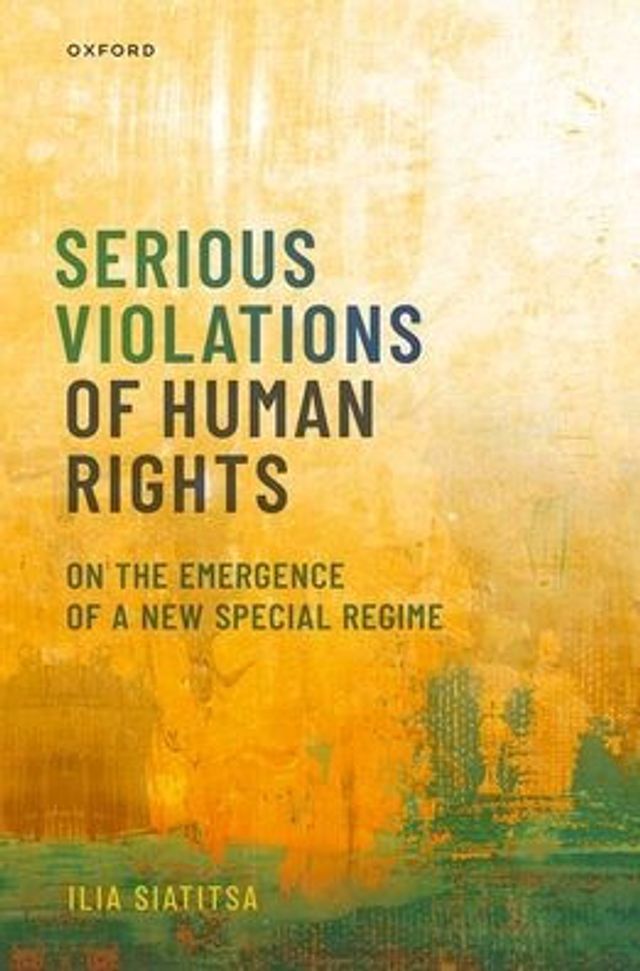Home
Bills of Rights and Decolonization: The Emergence of Domestic Human Rights Instruments in Britian's Overseas Territories / Edition 1
Barnes and Noble
Bills of Rights and Decolonization: The Emergence of Domestic Human Rights Instruments in Britian's Overseas Territories / Edition 1
Current price: $145.00


Barnes and Noble
Bills of Rights and Decolonization: The Emergence of Domestic Human Rights Instruments in Britian's Overseas Territories / Edition 1
Current price: $145.00
Size: OS
Loading Inventory...
*Product information may vary - to confirm product availability, pricing, shipping and return information please contact Barnes and Noble
Bills of Rights and Decolonization
analyzes the British Government's radical change in policy during the late 1950s on the use of bills of rights in colonial territories nearing independence. More broadly it explores the political dimensions of securing the protection of human rights at independence and the peaceful transfer of power through constitutional means.
This book fills a major gap in the literature on British and Commonwealth law, history, and politics by documenting how bills of rights became commonplace in Britain's former overseas territories. It provides a detailed empirical account of the origins of the bills of rights in Britain's former colonial territories in Africa, the West Indies and South East Asia as well as in the Atlantic and Pacific Oceans. It sheds light on the development of legal systems at the point of gaining independence and raises questions about the colonial influence on the British legal establishment's change in attitude towards bills of rights in the late twentieth century. It also presents an alternative perspective on the end of Empire by focusing upon one aspect of constitutional decolonization and the importance of the local legal culture in determining each dependency's constitutional settlement and provides a series of empirical case studies on the incorporation of human rights instruments into domestic constitutions when negotiated between a state and its dependencies.
highlights Britain's human rights legacy to its former Empire, and traces the genesis of the bills of rights of over thirty nations from the Commonwealth.
analyzes the British Government's radical change in policy during the late 1950s on the use of bills of rights in colonial territories nearing independence. More broadly it explores the political dimensions of securing the protection of human rights at independence and the peaceful transfer of power through constitutional means.
This book fills a major gap in the literature on British and Commonwealth law, history, and politics by documenting how bills of rights became commonplace in Britain's former overseas territories. It provides a detailed empirical account of the origins of the bills of rights in Britain's former colonial territories in Africa, the West Indies and South East Asia as well as in the Atlantic and Pacific Oceans. It sheds light on the development of legal systems at the point of gaining independence and raises questions about the colonial influence on the British legal establishment's change in attitude towards bills of rights in the late twentieth century. It also presents an alternative perspective on the end of Empire by focusing upon one aspect of constitutional decolonization and the importance of the local legal culture in determining each dependency's constitutional settlement and provides a series of empirical case studies on the incorporation of human rights instruments into domestic constitutions when negotiated between a state and its dependencies.
highlights Britain's human rights legacy to its former Empire, and traces the genesis of the bills of rights of over thirty nations from the Commonwealth.


















